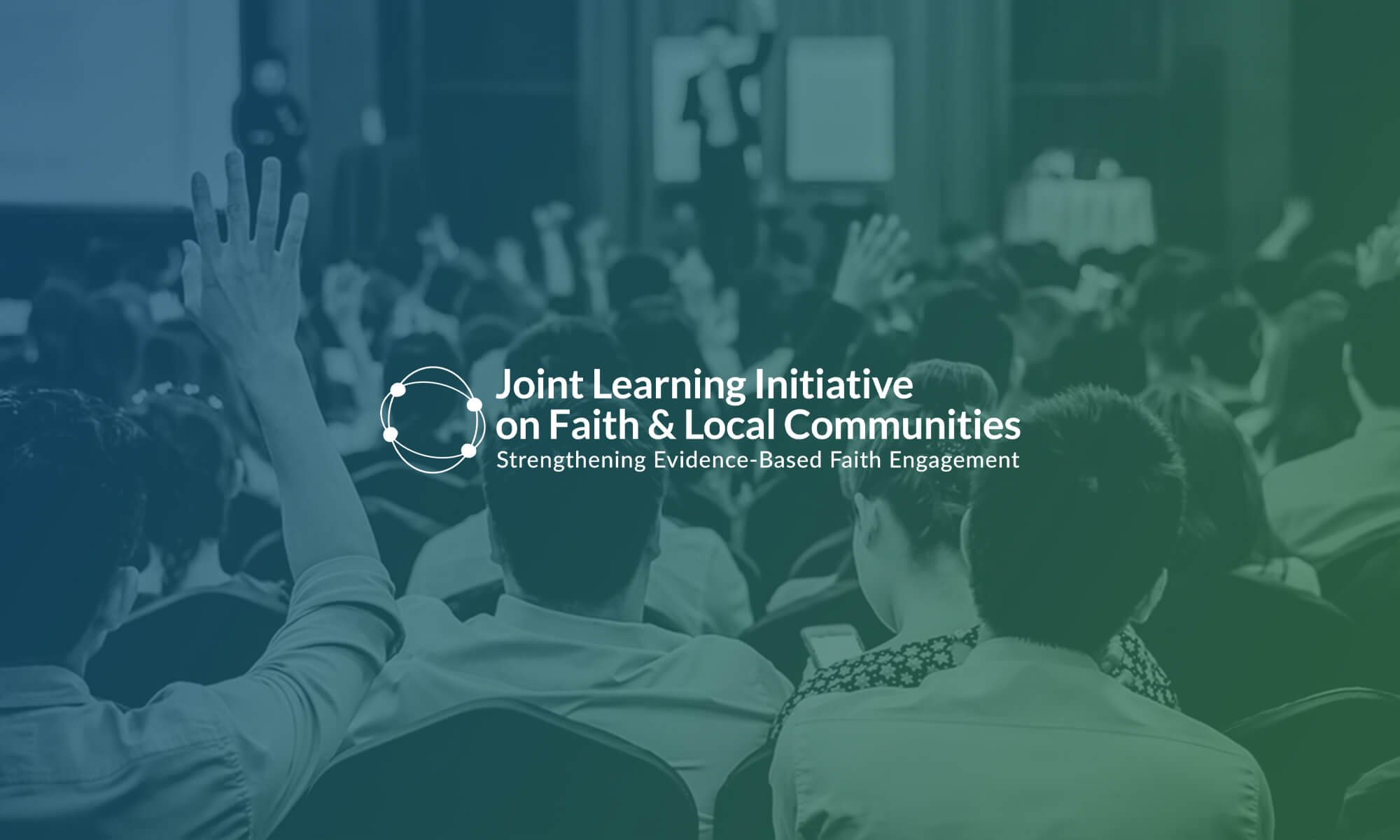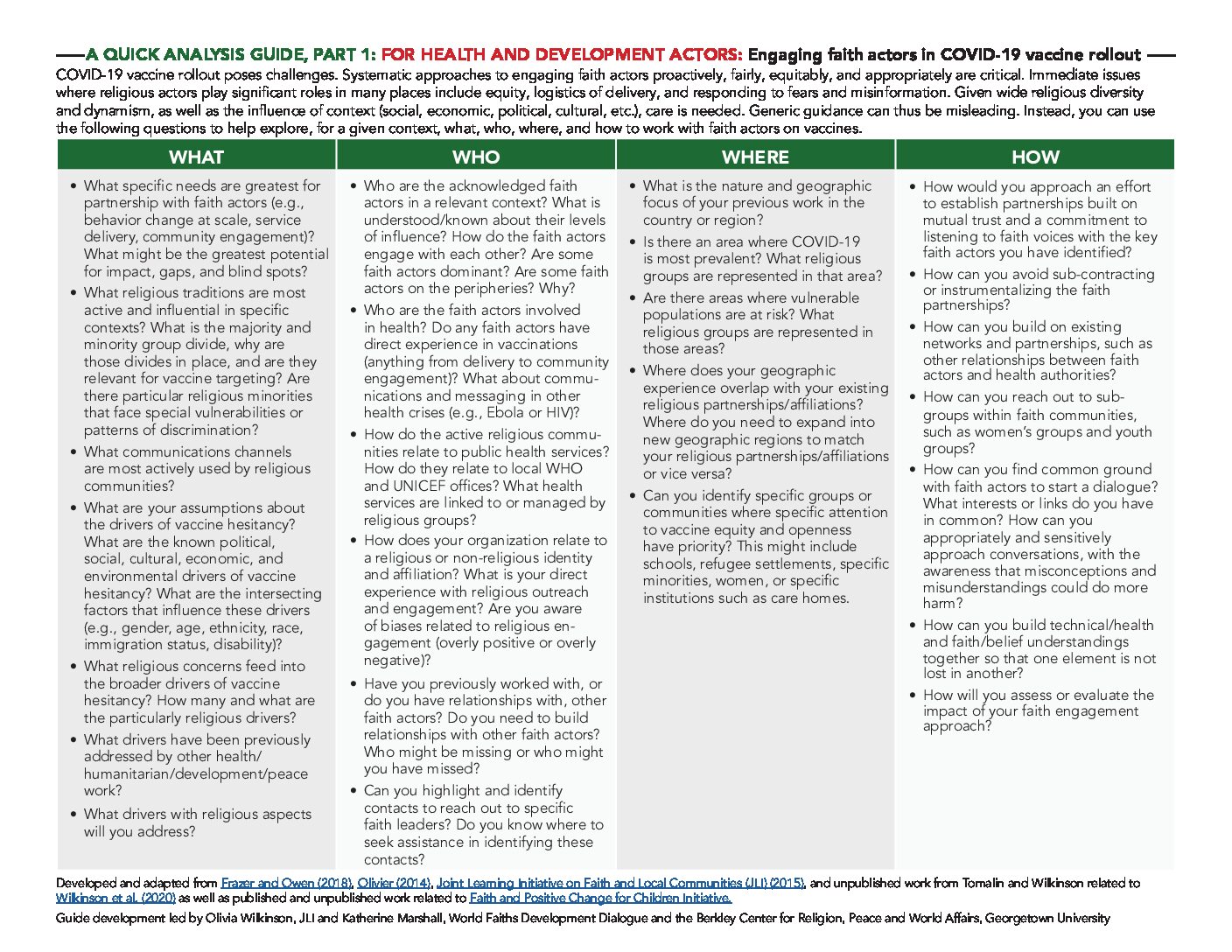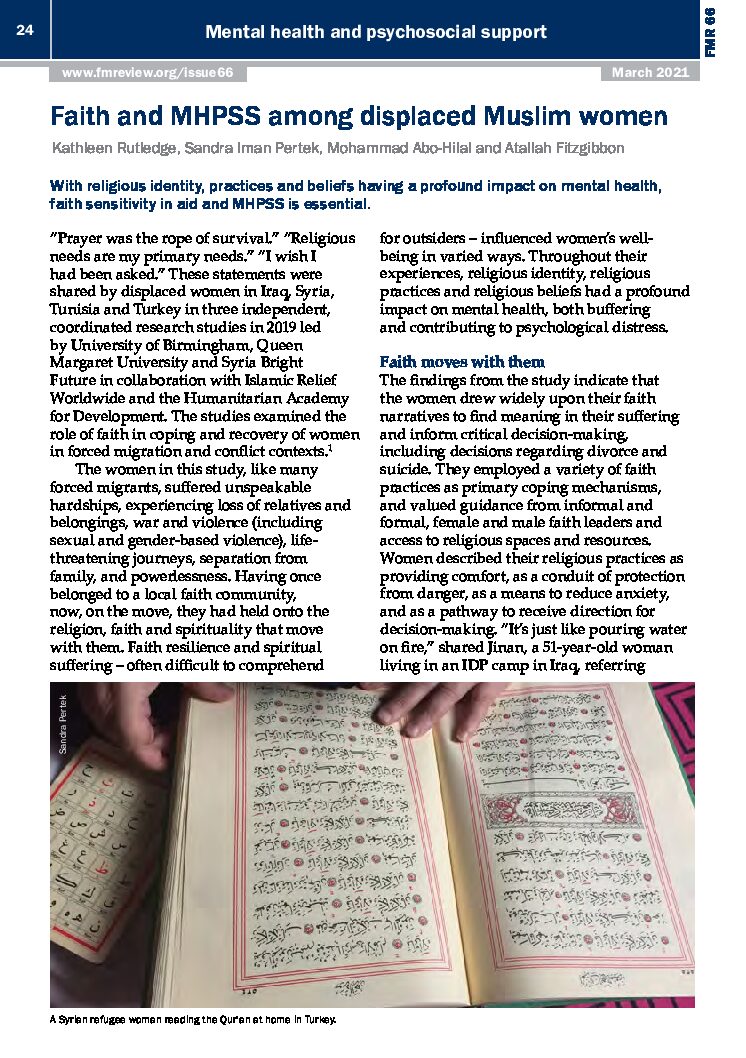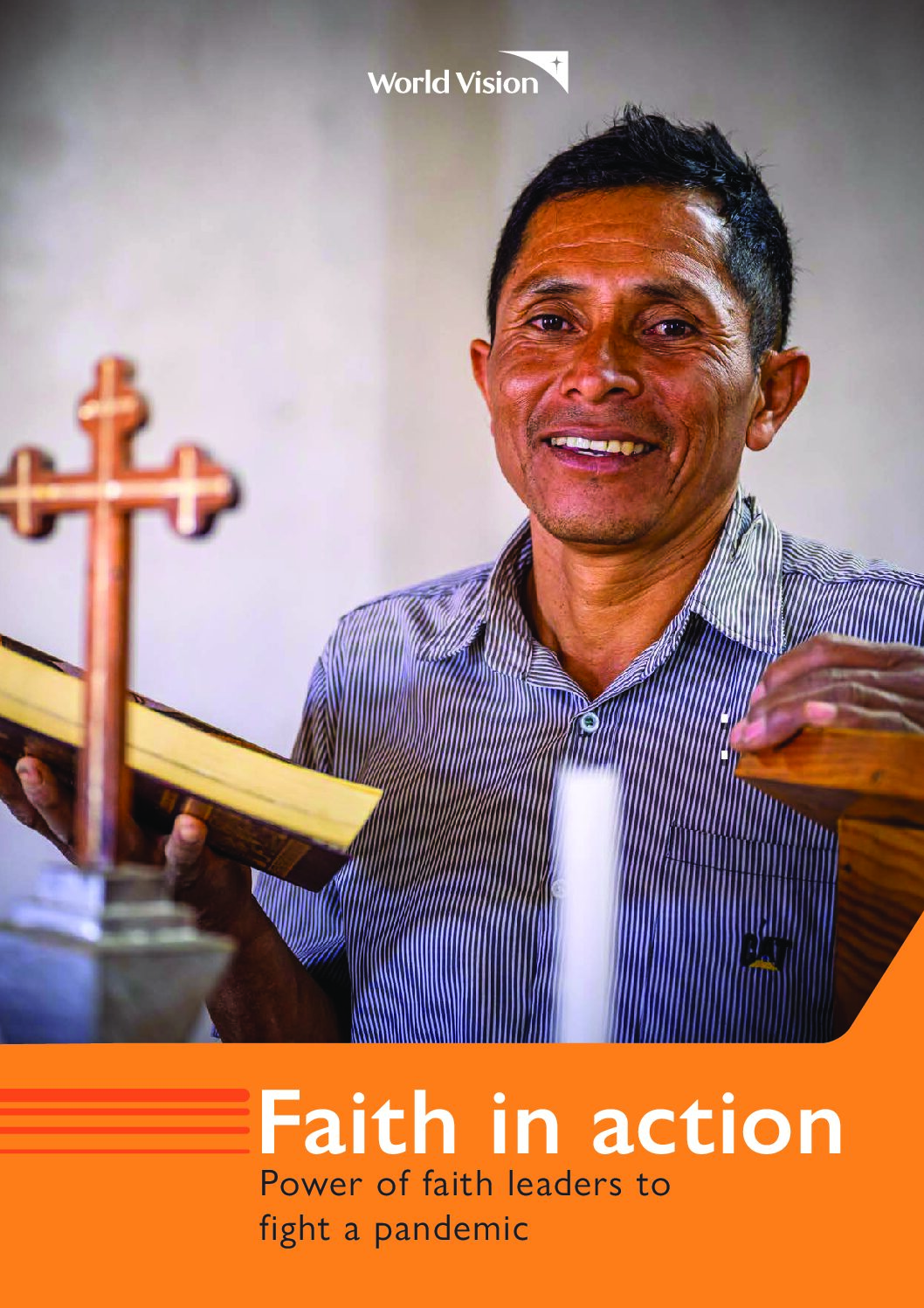Date/Time
Date(s) - 08/02/2018
6:00 pm
Categories
| Location: | Harvard University Sperry Room, Andover Hall, 45 Francis Ave. |
|
Space is limited. RSVP is required. This colloquium explores some of the key challenges that nonviolent resistance movements face, including obstacles to building and maintaining movement cohesion, ensuring effective communication, and gaining political leverage; how advocates of principled nonviolence (who promote nonviolence on a moral basis) often clash with advocates of civil resistance (who promote nonviolent action on a strategic or utilitarian basis); the ongoing debate on diversity of tactics; and the ways in which power and privilege undermine solidarity. The colloquium highlights the power of women in these movements and addresses ways in which spiritually-engaged communities are well-positioned to address many of these key movement challenges. Speaker
Moderator and Respondent
|
Co-sponsored by the Carr Center for Human Rights Policy at Harvard Kennedy School of Government and the Women’s Studies in Religion Program at Harvard Divinity School. With generous support from Rev. Karen Vickers Budney, MDiv ’91, and Mr. Albert J. Budney, Jr., MBA ’74, as well as Farley Urmston and Karl Bandtel.
Recommended Reading
- Chenoweth, Erica, and Maria J Stephan. Why Civil Resistance Works: the Strategic Logic of Nonviolent Conflict. Columbia University Press, 2013.
This monthly public series, convened by HDS Dean David N. Hempton, brings together a cross-disciplinary RPP Working Group of faculty, experts, graduate students, and alumni from across Harvard University and the local area to explore topics and cases in religions and the practice of peace. A diverse array of scholars, leaders, and religious peacebuilders are invited to present and engage with the RPP Working Group and general audience. A light dinner is served and a brief reception follows the program.
The theme of the RPP Colloquium Series in 2017-18 is “Envisioning Sustainable Peace: Leadership, Collaboration, and Creativity for a More Humane and Harmonious World.”
More information visit the RPP Initiative.




